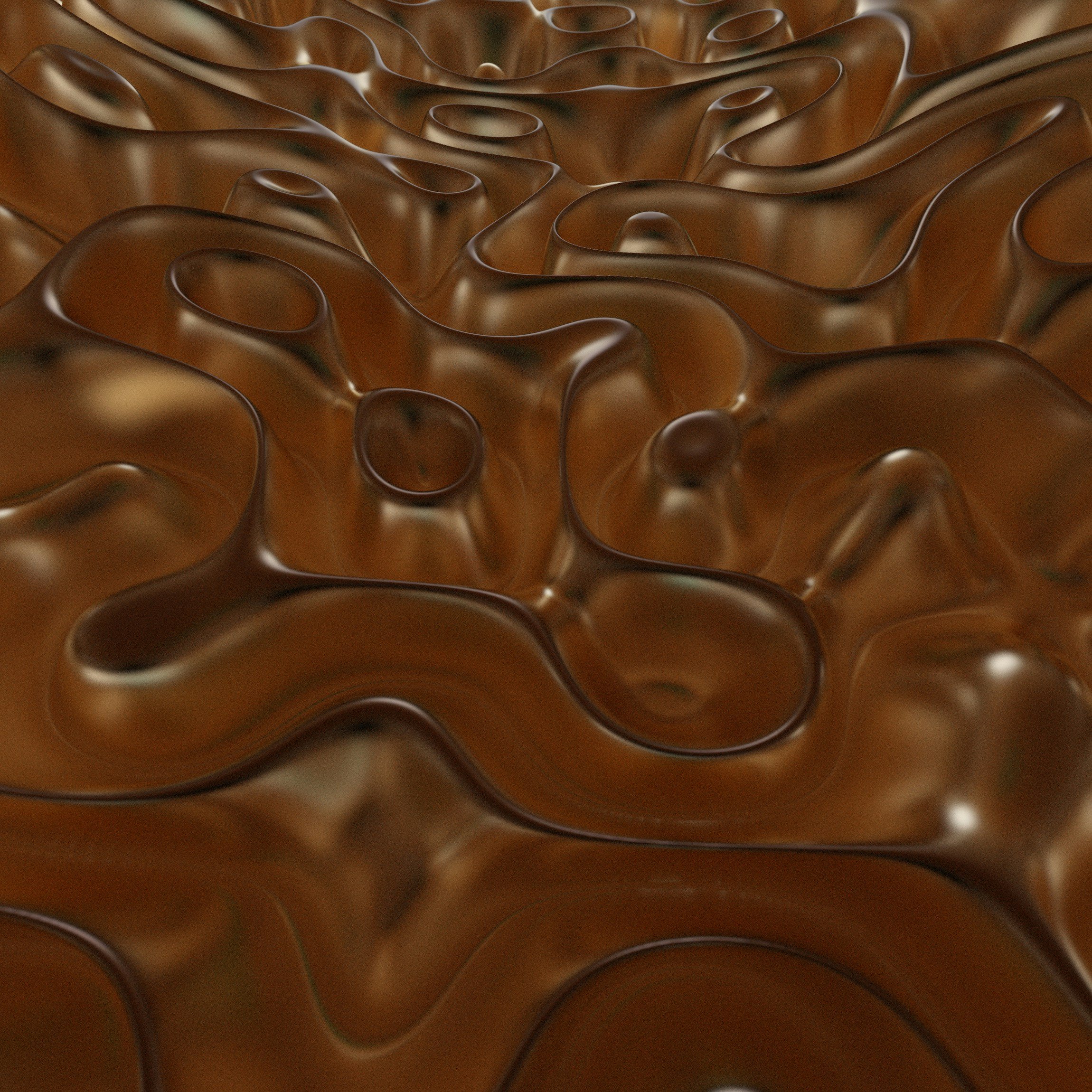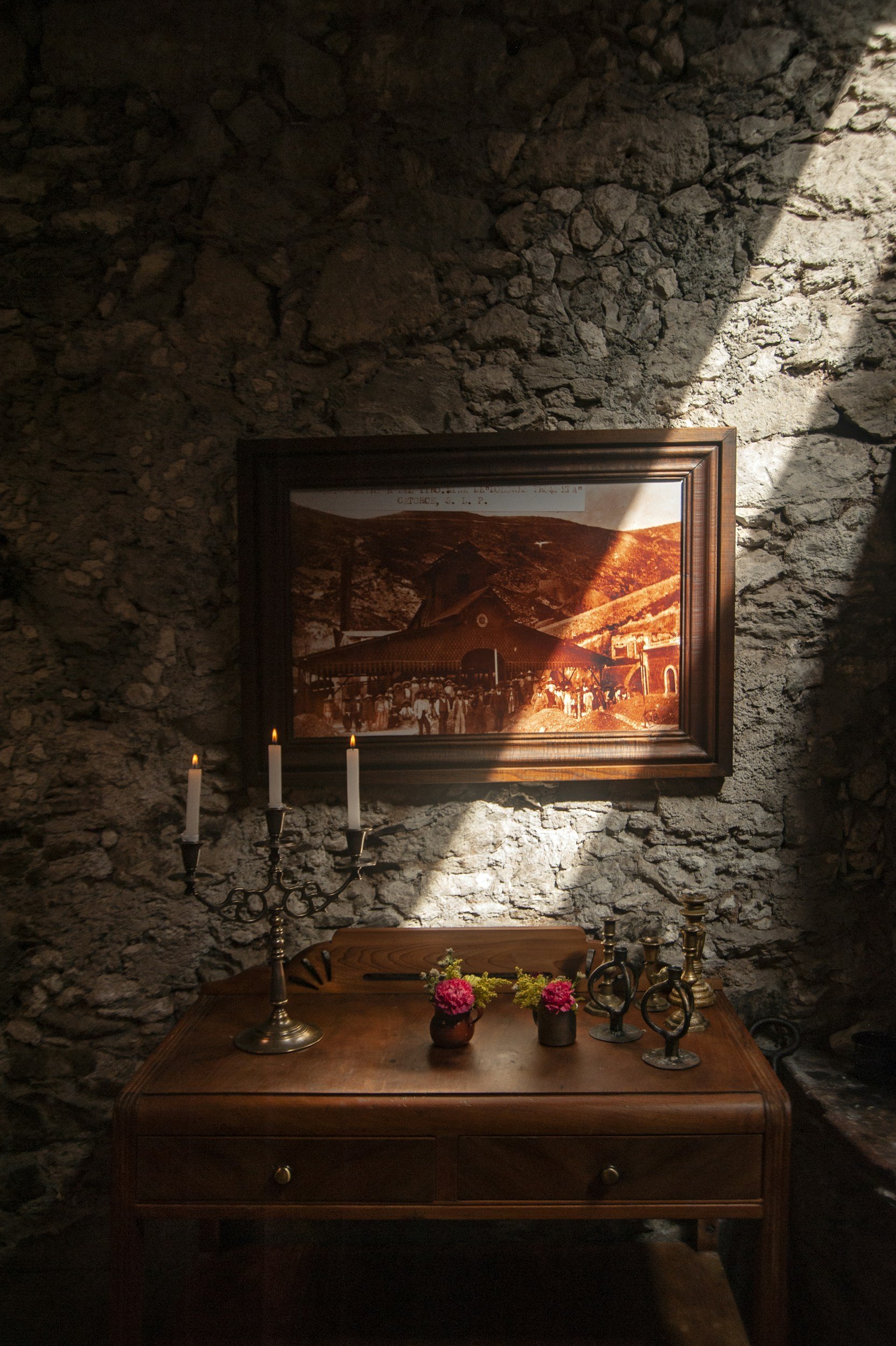How to Set Up a Simple Odinani Altar
Setting up an Odinani altar is a sacred and personal process, one that reflects your spiritual alignment and journey. The altar is a space for communion with the spiritual world, a place of meditation, offerings, and introspection. It’s where you perform rituals, give thanks to the forces of nature, and align yourself with divine energies. In this post, we’ve outlined a step-by-step guide on how to set up your own simple Odinani altar.
How to Set Up an Odinani altar:
Choosing Your Altar Space: The first step in setting up your Odinani altar is selecting a space. This could be a dedicated corner in your home, a tabletop, a shelf, or even a spot outdoors. The most important thing is that the space feels sacred to you, away from distractions, and comfortable for your rituals and prayers.
This space doesn’t need to be large or elaborate; what matters is the intention and energy you bring to it. If possible, choose a space where you won’t be interrupted and where you feel a connection with nature or your spiritual guides.
Represent the Four Elements: In Odinani, the four elements—fire, water, earth, and air—are fundamental forces of life. Each element represents a different aspect of creation and balance in the natural and spiritual worlds. Here’s how you can incorporate them into your altar:
Fire: You can represent fire with candles. Fire is a powerful symbol of transformation, protection, and energy. When lighting a candle on your altar, think of it as igniting the spiritual forces around you or opening up an energetic channel to connect with your energies.
Water: A bowl, cup or vessel of water represents the flow of life, emotions, and the connection to spirits. Water can be used to purify and cleanse, and it's a key element in rituals. You can also refresh this water frequently.
Earth: Representing the earth element can be done with stones, crystals, soil, or even a small plant. These symbolize stability, grounding, and connection to ancestors and nature. Earth elements bring a sense of balance and help to anchor your energy during rituals.
Air: Air can be symbolized by incense, feathers, or an open window near your altar where the breeze can flow. Air represents communication with the unseen, clarity, and intellect. Burning incense during prayers or rituals can amplify the flow of energy and bring a sense of peace.
These four elements serve as gateways for invoking energies from the natural world and harmonizing or connecting with spiritual forces.
Sacred Items for Igo Mmuo Rituals: Your Odinani altar can also serve as a space to store and honor sacred items used in Igo Mmuo (spiritual invocation rituals). These might include items like Nzu (sacred while chalk), kola nuts, hot drinks or gin, sea salt, alligator pepper, palm oil e.t.c These sacred items are use in veneration rituals to establish a stronger spiritual connection between you and the metaphysical world.
Totems and Symbols: Your altar can also be a mirror of your own inner spiritual path. As such, you can place totems, symbols, or personal items that align with your energy. These might include:
Animal Totems: If you feel connected to a specific animal or spirit guide, a small representation of that animal can be placed on your altar as a symbol of strength, guidance, or protection.
Crystals and Stones: Specific crystals may resonate with you at different points in your journey. Trust your intuition in selecting stones that bring you clarity, healing, or grounding.
Personal Items: Any item that holds spiritual or emotional significance can be placed on your altar. This could be family heirlooms, gifts from loved ones, or items that have appeared in dreams or meditations.
These totems are representations of your spiritual alliances and energies. The more personalized your altar becomes, the stronger your connection to it and the forces it represents.
An Altar That Grows with You: One of the most important aspects to remember about your Odinani altar is that it will evolve. As you grow in your spiritual practice, your altar will grow and change with you. You don’t have to get everything perfect from the start. Trust that the components of the space will become clearer as you align more deeply with your spiritual path.
Each time you perform a ritual or say a prayer, your altar becomes infused with that energy, making it a more potent place for future practices. Over time, as you become more in tune with your energies, you’ll be guided to add or rearrange elements, bringing your altar closer to reflecting your personal journey.
Trust Your Intuition: Setting up an Odinani altar is not about strict rules; it’s about creating a space that resonates with your spirit. As much as tradition and ancestral wisdom can guide you, your intuition plays a key role. Listen to what feels right to you—this could be the placement of items, the choice of symbols, or even the colors on your altar.
You may find that certain rituals come naturally to you over time, or that certain objects call to you to be placed on your altar. Honor those feelings. Your altar is a living reflection of your spiritual growth and should serve as a source of peace, inspiration, and empowerment.
Final Thoughts
When you set up an Odinani altar, you are creating a sacred space where you can align with ancestral energies, the divine, and the natural world. Trust the process, listen to your spirit, and know that this space will continue to evolve as you do. It is your personal sanctuary, a place of connection between the visible and invisible realms.
We hope this post has been helpful to you. Share it with others and help us spread the insights. Also feel free to share insights or ask questions related to this post in the comment section below. Dalu!
Recommended Resources:
How to set up a simple altar and what to do after set up | Nwanyị Amaechi Okunano (YouTube)
The Role of Ancestor Altars in Maintaining Family Legacy | Dibia Nwangwu Uchendu (Blog)
The Need Of Altar For Spiritual Connectivity | Dibia Nwangwu Uchendu (Blog)










